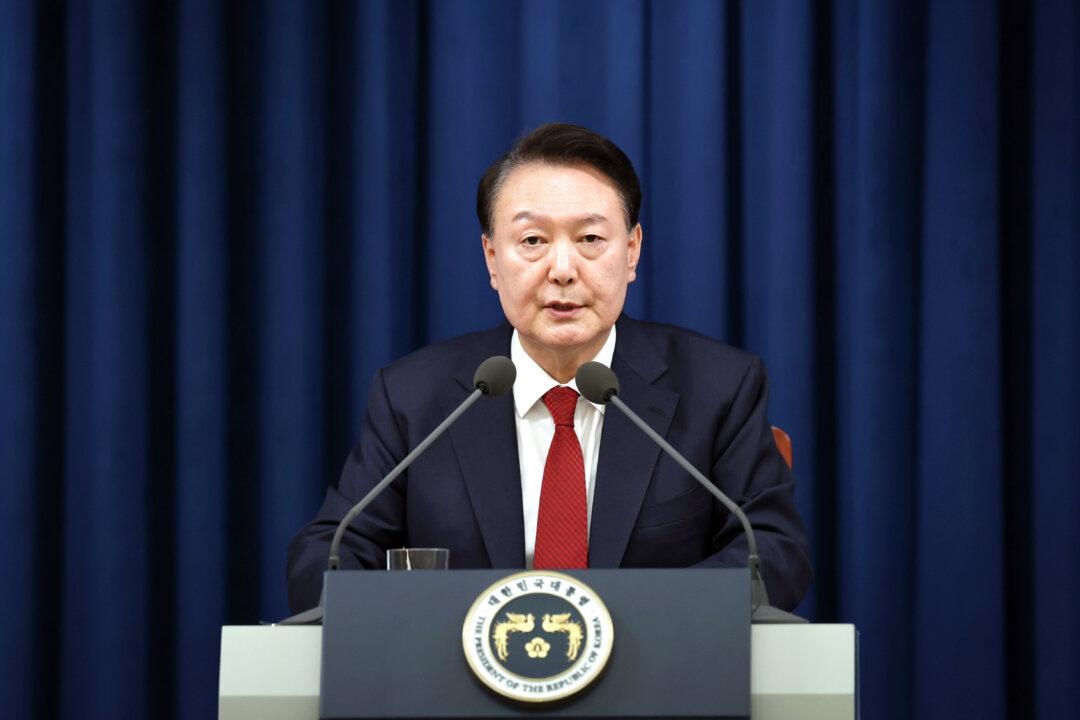After South Korean President Yoon Suk Yeol issued a surprising edict late on Dec. 3 invoking martial law to quell what he said to be anti-state forces in the opposition party, lawmakers in the nation’s Parliament quickly assembled to revoke the declaration in an early-morning session as military personnel attempted to halt their vote.
In roughly six hours, during which 190 Parliament members voted to lift the order, the incident came to a close.





